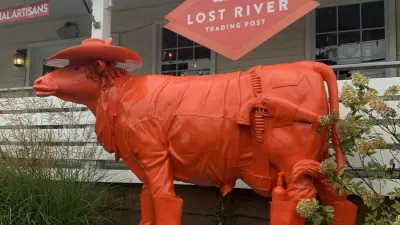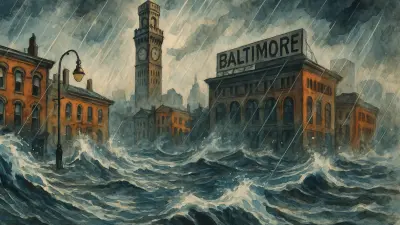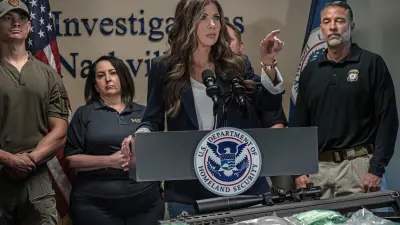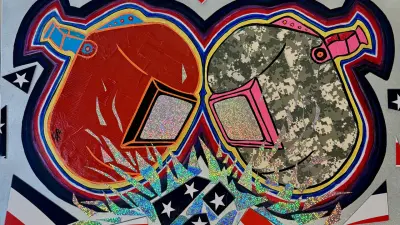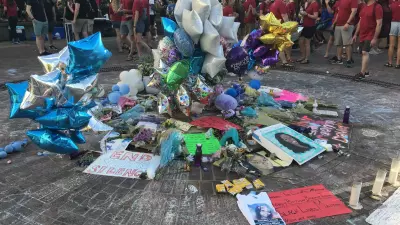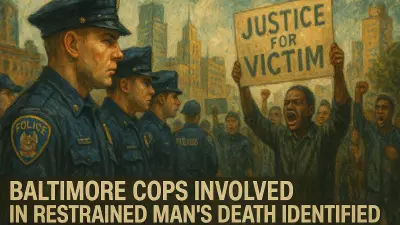WARDENSVILLE, W.Va. — Ours is a family of travel fanatics — we’ve traversed the globe for work and pleasure — always on the lookout for our next, great adventure.

However, the earlier days of the COVID-19 pandemic prevented us and millions of others from boarding flights to faraway destinations, prompting our family to explore new locales near our Virginia home.
Armed with our insatiable appetites for culture, outdoor experiences, and new friends, we knew our chosen destination would have to be someplace special.
That’s when we discovered Lost River Valley and neighboring Wardensville, W.Va.: a town of 270 people with a growing fan base among those in the Washington, D.C. area, some 90 minutes away.
Setting out for the weekend in the Mountain State, we also planned to visit Lost River State Park, where we could experience some of the region’s best hiking and rugged, unspoiled terrain.
We never made it there.
That’s because before arriving, we’d stopped at a recently-renovated cabin in George Washington National Forest near the Trout Pond Recreation Area.
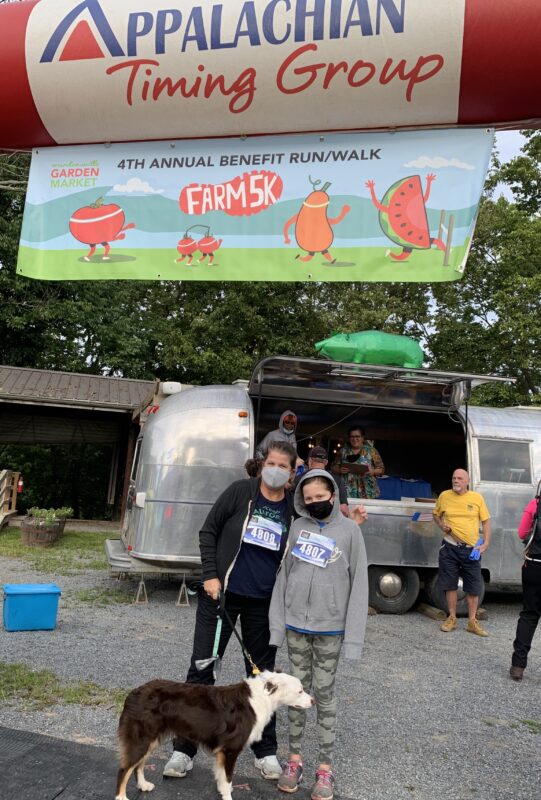
This cabin, lived in for 15 years by once-D.C. suburbanites who started the Lost River Pride Association, was about to go on the market. We spent the day at the house and the surrounding community of Lost River.
Then we placed an offer to buy it.
Something about West Virginia had drawn us in. Maybe we didn’t need to travel the world for the best hikes or most relaxing evenings, boutique shopping, new artists or farm-to-table food. Maybe it was within driving distance. It just took a pandemic to give us the perspective to find it.
We were intrigued how a rural community of generations of West Virginians — many flying “Biden is not my President” flags — could co-exist with a mass of D.C. weekenders, many gay, proudly flying Pride flags and donning Joe Biden bumper stickers.
“Here the motto is ‘Live and let live,’” Realtor Donald Hitchcock told us as we signed for our new house. “It hasn’t always been easy, but it works.”
Donald, a native of D.C., and his partner Paul Yandura are locally famous not just for buying weekend property here but for starting the trend to permanently relocate.
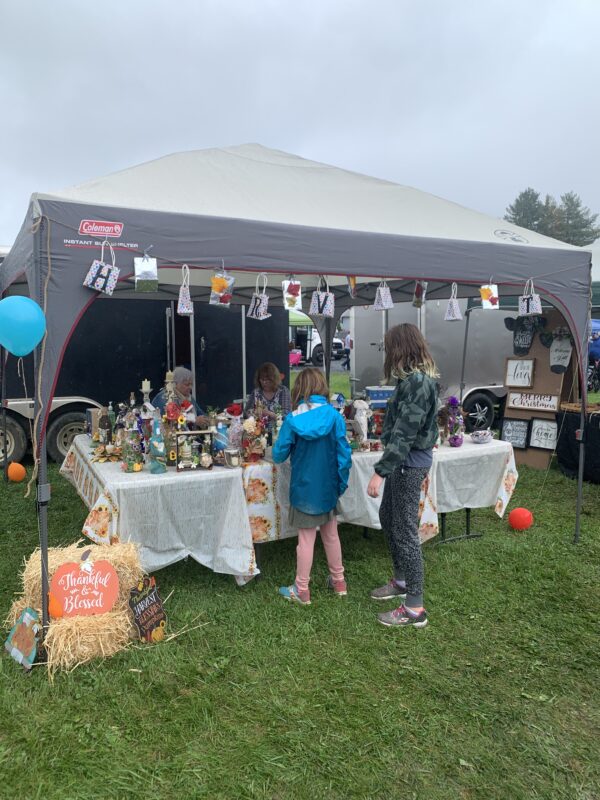
They have been helping to rebuild the community that, for years, some may have considered little more than a pass-through, not a destination.
Donald and Paul first bought the Lost River Trading Post, which sells local products and gifts that puts Rose’s Apothecary on “Schitt’s Creek” to shame. They have worked with a family foundation to create a nonprofit social enterprise that launched a 100-acre organic farm, market bakery, and a glass blowing workshop.
The nonprofit’s mission is to create discovery opportunities for local youths so they see themselves and their futures in new and exciting ways.
They started a trend.
On the weekend of the Wardensville Fall Festival this past October, Gabriel Ross and his business partner Stephen Page opened the Lost River Works, a framing shop and art gallery featuring local painter, Art of Seth. Gabriel is also from Washington. The hope is to turn part of the gallery into a shared working space for artists.
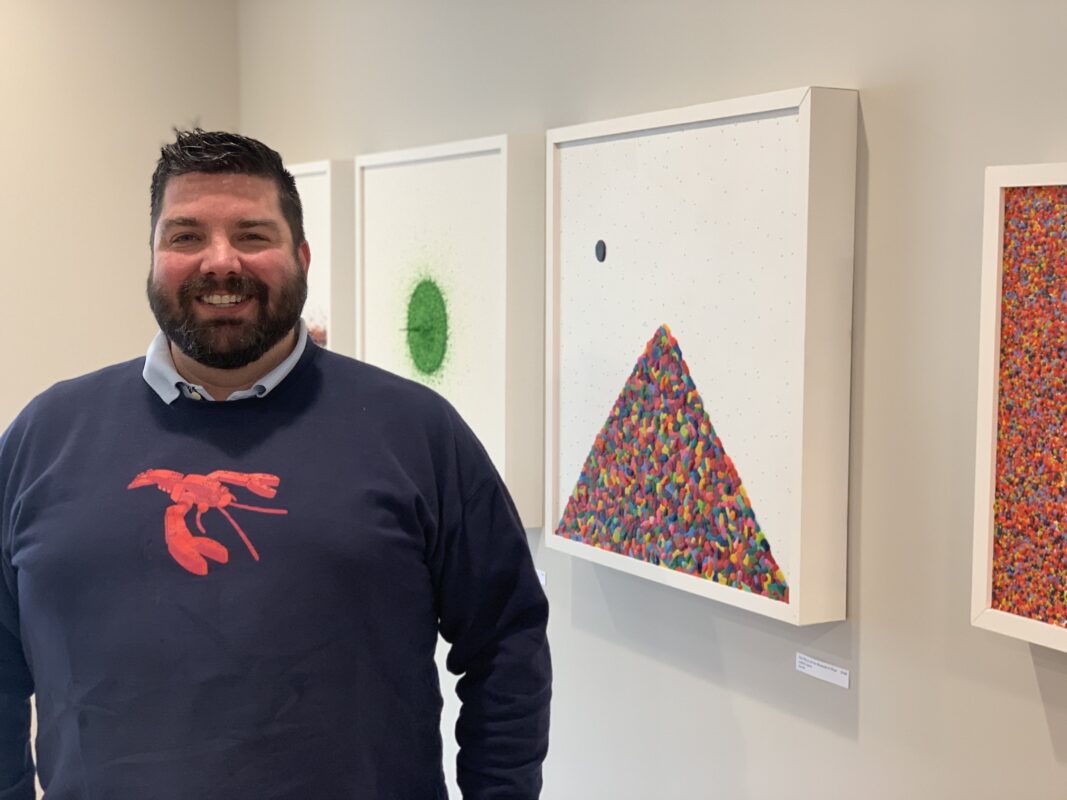
Across the street, the nonprofit social enterprise that Paul and Donald work with is slated to open a teaching kitchen and restaurant in 2022 featuring a sought-after chef. Next door is Word Play, an independent bookstore that could rival some of my favorites in Europe; it just celebrated its one-year anniversary. It is owned by West Virginia native Marlene England and her husband Tom, who split their time between Wardensville and Frederick, Md.
“There is so much revitalization going on now in this area — we really wanted to be a part of it fulltime,” Gabriel says.
He and his husband Sean, who commutes to his job in D.C., are renovating a house in nearby Baker, where they intend to remain full time and start other business ventures.
“There is so much potential in small towns if locals are willing to trust new residents and take a chance on new ideas, but we have to give them something to trust us about,” Gabriel says.
Mistrust of newcomers, especially from cities, is sometimes engrained in communities across the region. They’re long-promised benefits from industry but often left with little in terms of jobs or community investment once factories and mines close, so it makes sense why some people may shun those who aren’t from the community.
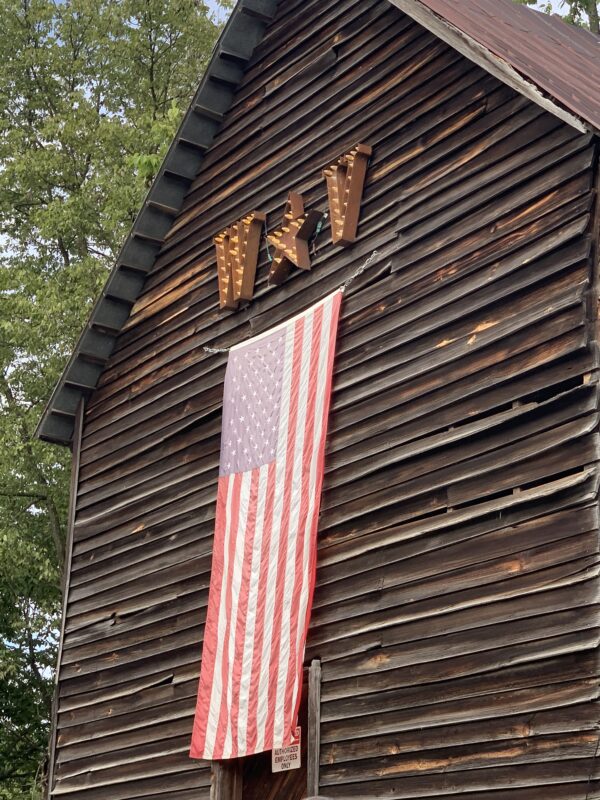
Later that night at the Lost River Grill, owners Kevin Willner and his husband, Tim Ramsey, said they took a chance on the area in 2003 when they purchased the motel and restaurant before renovating. Today it’s a popular destination for locals and out-of-towners, serving local fare and pink martinis.
After a day at the Fall Festival, I spent the rest of the evening under the stars in our cabin plotting what business I could start that would enable us to relocate here full time.
I hang my new piece of Art by Seth on the wall of the house we never intended to buy but now dread leaving at the end of each weekend … all thanks to this community of old and new, living in a town that charmed us.

